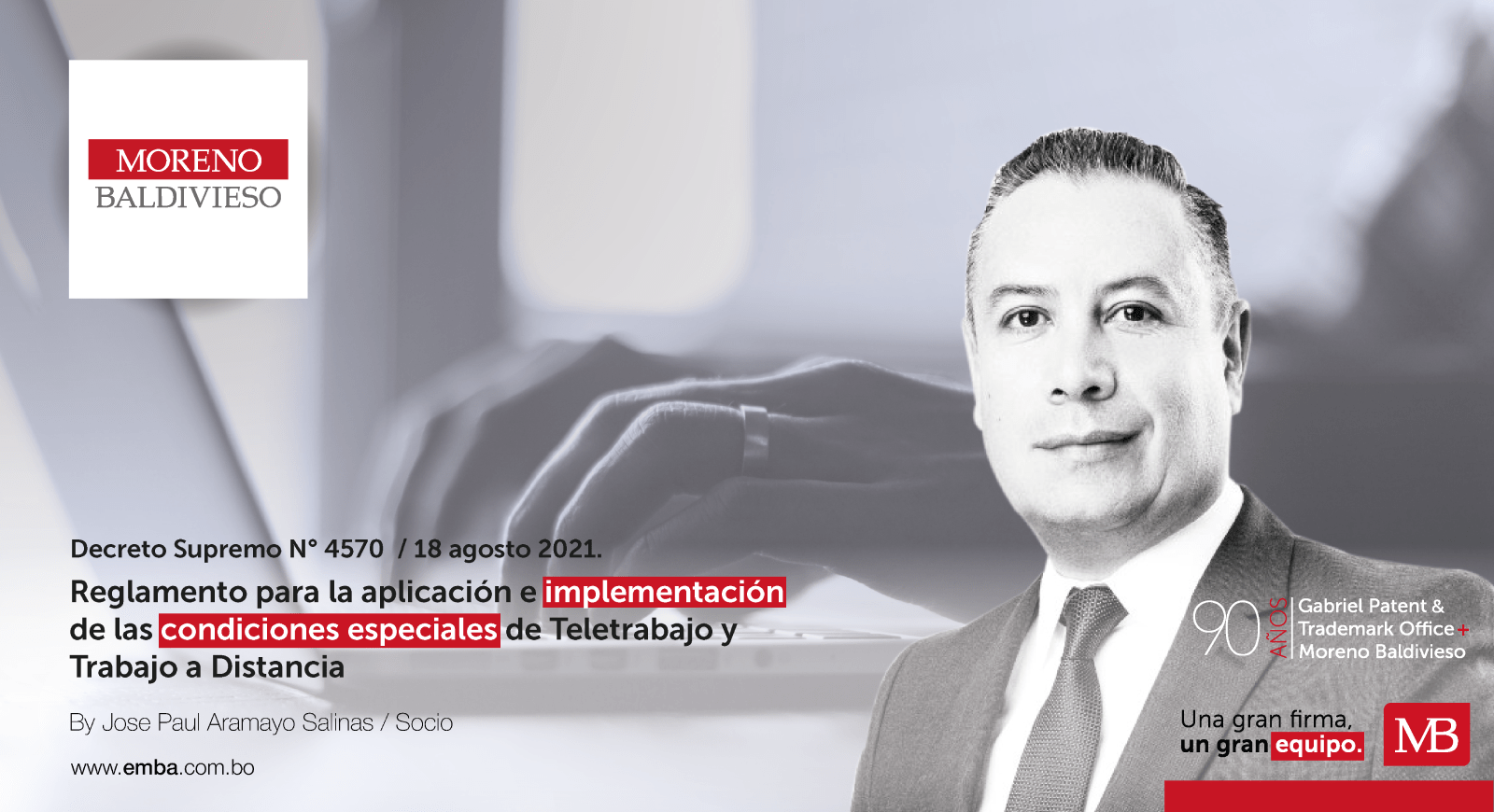Fernando Landa and Mirko Olmos Innovation is the cornerstone for any country’s development and…
Fintech in Bolivia

In Bolivia, the Central Bank oversees the payment system.[1] While the Financial System Supervising Authority (ASFI, per its acronym in Spanish) regulates and supervises the financial system.[2]
All financial intermediation activities and the provision of financial services are deemed to be of public interest and can only be performed by authorized entities under the law.[3]
Bolivian law defines three types of financial entities, (a) State-owned financial entities or with majority participation of the State (i.e., public banks), (b) private financial intermediation entities (i.e., private banks), and (c) complementary financial services companies (i.e., mobile payment companies, currency exchange companies, electronic card management companies, among others).
The law forbids the incorporation of non-authorised financial entities, except for any complementary financial service company incorporated into the regulation by ASFI.[4]
Let’s now see our regulatory landscape:

Source: Author. General structure can be found on Carlos Cantú and Bárbara Ulloa, ‘The Dawn of Fintech in Latin America: Landscape, Prospects and Challenges’
Bolivian regulation is still incipient. The “not applicable” term in the above table should be understood as not having specific or applicable regulations towards fintech. For instance, companies falling under the fintech credit sphere would need to adapt to existing regulatory standards. The existing regulation is strict and does not seem to consider including the possibility of new technological developments to surge in the finance sphere. While regulated financial entities are allowed to request approval for additional services to ASFI and the Central Bank, it is uncertain whether they would allow these services to existing.
Considering the above, fintech in Bolivia will, more often than not, operate in grey areas of the law. At least until either the Central Bank or ASFI clarify aspects of their regulation.
This makes it essential to have a local team of experts who know how to navigate and better implement all areas of your operations in Bolivia. In Moreno Baldivieso we have successfully advised tech and fintech companies, helping them provide their services in our country.
Contact us at molmos@emba.com.bo
[1] ‘CONSTITUCIÓN POLÍTICA DEL ESTADO, DE 7 DE FEBRERO DE 2009’, Gaceta Oficial de Bolivia § (2009), http://www.silep.gob.bo/norma/12928/leyes, Art. 328.I.3.
[2] ‘Ley de Servicios Financieros (393) – Infoleyes Bolivia’, accessed 2 September 2021, http://bolivia.infoleyes.com/norma/4533/ley-de-servicis-financieros-393, art. 15.
[3] ‘Ley de Servicios Financieros (393) – Infoleyes Bolivia’, Art. 6.I.
[4] ‘Ley de Servicios Financieros (393) – Infoleyes Bolivia’, Arts. 19.III, 151.II.






This Post Has 0 Comments